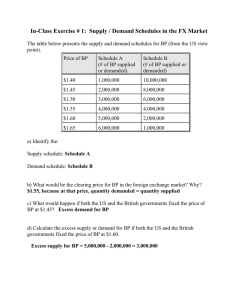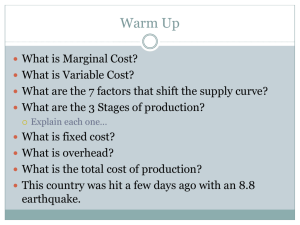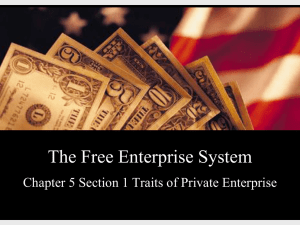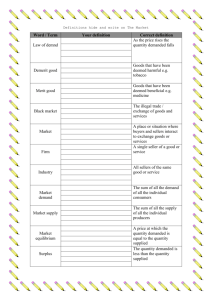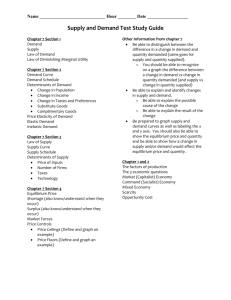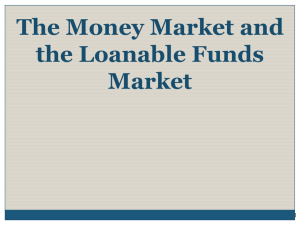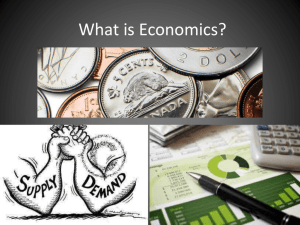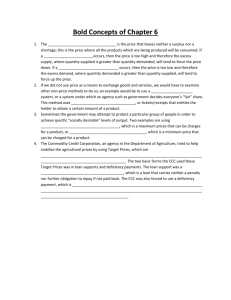Which of the following is most likely to increase the... (A)Country Z’s central bank purchases government securities from banks and...
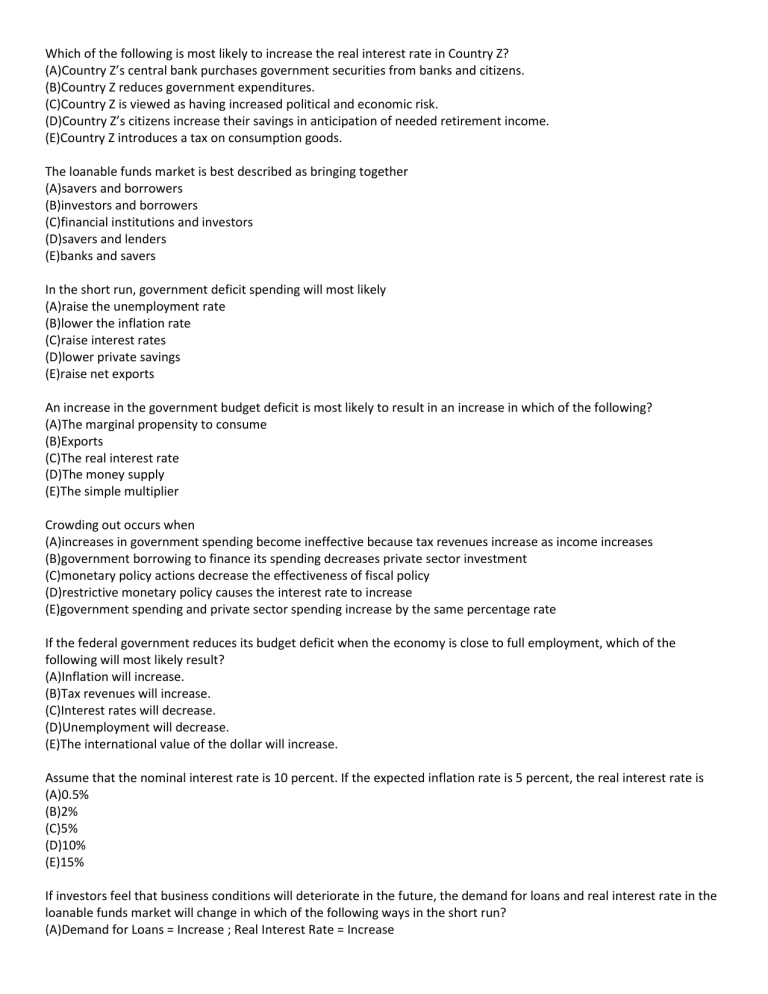
Which of the following is most likely to increase the real interest rate in Country Z?
(A)Country Z’s central bank purchases government securities from banks and citizens.
(B)Country Z reduces government expenditures.
(C)Country Z is viewed as having increased political and economic risk.
(D)Country Z’s citizens increase their savings in anticipation of needed retirement income.
(E)Country Z introduces a tax on consumption goods.
The loanable funds market is best described as bringing together
(A)savers and borrowers
(B)investors and borrowers
(C)financial institutions and investors
(D)savers and lenders
(E)banks and savers
In the short run, government deficit spending will most likely
(A)raise the unemployment rate
(B)lower the inflation rate
(C)raise interest rates
(D)lower private savings
(E)raise net exports
An increase in the government budget deficit is most likely to result in an increase in which of the following?
(A)The marginal propensity to consume
(B)Exports
(C)The real interest rate
(D)The money supply
(E)The simple multiplier
Crowding out occurs when
(A)increases in government spending become ineffective because tax revenues increase as income increases
(B)government borrowing to finance its spending decreases private sector investment
(C)monetary policy actions decrease the effectiveness of fiscal policy
(D)restrictive monetary policy causes the interest rate to increase
(E)government spending and private sector spending increase by the same percentage rate
If the federal government reduces its budget deficit when the economy is close to full employment, which of the following will most likely result?
(A)Inflation will increase.
(B)Tax revenues will increase.
(C)Interest rates will decrease.
(D)Unemployment will decrease.
(E)The international value of the dollar will increase.
Assume that the nominal interest rate is 10 percent. If the expected inflation rate is 5 percent, the real interest rate is
(A)0.5%
(B)2%
(C)5%
(D)10%
(E)15%
If investors feel that business conditions will deteriorate in the future, the demand for loans and real interest rate in the loanable funds market will change in which of the following ways in the short run?
(A)Demand for Loans = Increase ; Real Interest Rate = Increase
(B)Demand for Loans = Increase ; Real Interest Rate = Decrease
(C)Demand for Loans = Decrease ; Real Interest Rate = Increase
(D)Demand for Loans = Decrease ; Real Interest Rate = Decrease
(E)Demand for Loans = Decrease ; Real Interest Rate = Not change
Assume that a perfectly competitive financial market for loanable funds is in equilibrium. Which of the following is most likely to occur to the quantity demanded and quantity supplied of loanable funds if the government imposes an effective interest rate ceiling?
(A)Quantity Demanded = Increase ; Quantity Supplied = Increase
(B)Quantity Demanded = Increase ; Quantity Supplied = Decrease
(C)Quantity Demanded = No change ; Quantity Supplied = No change
(D)Quantity Demanded = Decrease ; Quantity Supplied = Increase
(E)Quantity Demanded = Decrease ; Quantity Supplied = Decrease
Crowding out due to government borrowing occurs when
(A)lower interest rates increase private sector investment
(B)lower interest rates decrease private sector investment
(C)higher interest rates decrease private sector investment
(D)a smaller money supply increases private sector investment
(E)a smaller money supply decreases private sector investment
If the government is currently running a budget deficit, which of the following is true of expansionary fiscal policy?
(A)It will cause interest rates to rise and crowd out private investment spending.
(B)It should not be used so long as there is a national debt.
(C)It should be used only when some resources are unemployed and the inflation rate is low.
(D)It will decrease aggregate income.
(E)It will increase aggregate income as long as the money supply is decreased at a slow, steady rate.
